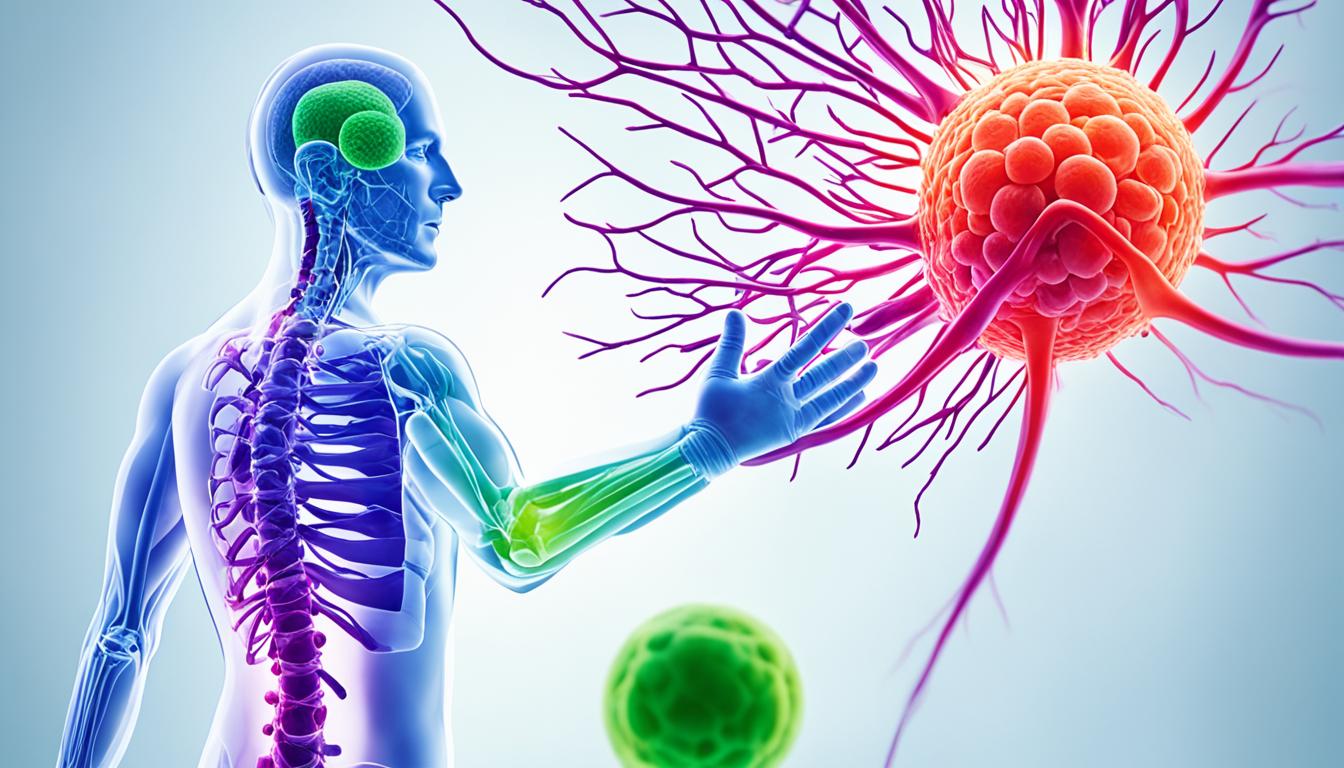Lymphadenitis happens when lymph nodes get swollen and inflamed. This is often due to an infection in another part of the body. Lymph nodes are important because they contain white blood cells that fight off infections. Infections that cause lymphadenitis are usually due to bacteria, viruses, or fungi. This condition can show up as either a general or local problem, depending on the lymph nodes involved.
To diagnose lymphadenitis, the doctor will look at your medical history and do a physical exam. They might also run some tests like blood work, or take tissue samples for a biopsy. Treatments usually involve using antibiotics or antivirals to fight the infection. Pain and swelling can also be managed. In rare cases, surgery might be needed to remove an infected node or drain an abscess.
Stem cell therapy is a new and promising way to treat lymphadenitis. Thailand is a top spot for these advanced treatments. For those looking for advanced ways to deal with lymphadenitis, it’s a great option.
Key Takeaways:
- Lymphadenitis is characterized by the inflammation and enlargement of lymph nodes due to an infection elsewhere in the body.
- Bacterial, viral, or fungal infections can lead to lymphadenitis.
- Diagnosis involves a thorough examination, medical history, and various diagnostic tests.
- Treatment options include antibiotics, antivirals, or antifungals to combat the underlying infection.
- Stem cell therapy is an innovative treatment option that can help restore healthy lymph node function.
Causes and Symptoms of Lymphadenitis
Lymphadenitis makes your lymph nodes swell and get sore. It’s often from infections in other body parts. These infections might come from bacteria, viruses, or fungi. They typically start with:
- Sore throats
- Respiratory infections
- Skin infections
- Sexually transmitted infections
When you have lymphadenitis, your lymph nodes enlarge and hurt when you touch them. You might also notice they feel soft or like a group, have red skin over them, or get pus-filled lumps if it’s severe.
If these symptoms hang around or get worse, it’s key to see a doctor for the right diagnosis and care.
| Causes of Lymphadenitis | Symptoms of Lymphadenitis |
|---|---|
| Bacterial, viral, or fungal infections | Swollen lymph nodes |
| Sore throats | Painful to the touch |
| Respiratory infections | Soft or matted lymph nodes |
| Skin infections | Redness or red streaking of the skin |
| Sexually transmitted infections | Formation of pus-filled abscesses (in severe cases) |
Diagnosis and Treatment of Lymphadenitis
Diagnosing and treating lymphadenitis quickly is key. Doctors start with a detailed history and a physical exam. They also use tests to find the infection’s source.
Blood tests can show signs of infection or swelling. They help identify what’s causing the infection. Taking cultures from the site, like swabs, can also help find the specific germ.
At times, a biopsy or collecting fluid from the lymph node is needed. Doctors take a small sample for testing. This gives them more details about the infection.
Once lymphadenitis is confirmed, treatment matches the cause and seriousness. Antibiotics fight bacteria, antivirals help with viruses, and antifungals target fungus. Finishing all the meds is crucial to fully clear the infection.
Pain control is a big part of treatment too. Meds for pain and swelling make the person feel better. They also support healing.
Sometimes, draining the lymph node is needed. This is done surgically to remove an abscess or pressure. These procedures help heal faster.
Working together, doctors use various approaches to diagnose and treat lymphadenitis. This team effort ensures the best outcomes for patients.
Stem Cell Therapy for Lymphadenitis and Conclusion
Stem cell therapy is a new and exciting way to treat lymphadenitis. It uses the power of stem cells to help your lymph nodes work better. This boosts your body’s fight against infections. The process involves injecting special stem cells into your lymph nodes or blood. Then, these cells can change into different types and help repair damaged tissues.
Thailand is now a top place for advanced stem cell treatments. It offers the latest options for lymphadenitis and more. The country boasts skilled doctors and modern clinics. This makes it a great spot for people looking for high-tech care. For lymphadenitis patients, stem cell therapy in Thailand offers hope for better health and life quality.
Thinking about stem cell therapy for your lymphadenitis in Thailand is a good idea. It can bring back your lymph nodes’ normal function and fight infections better. You should talk to experts in Thailand about this. They can explain how stem cell therapy might help you. They will check if it’s right for what you need.

